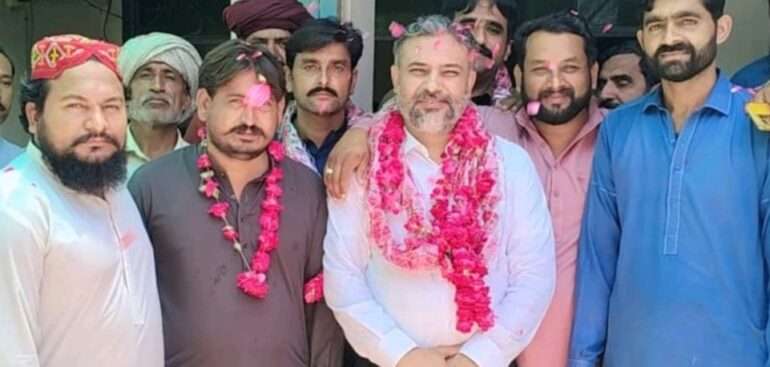In a glaring display of Pakistan’s systemic failure and deep-rooted sectarian bias, Additional District and Sessions Judge Farrukh Hameed has acquitted all seven accused in the brutal murders of three members of the Ahmadiyya community—victims of cold-blooded sectarian violence in 2019 and 2021. This verdict is not just a miscarriage of justice but a disgraceful endorsement of hatred and impunity within Pakistan’s legal and social framework.
The accused—prominent figures including former Union Council chairman Husnain Ali and office-bearers of the extremist Khatm-i-Nabuwwat organization—were implicated in orchestrating or abetting these heinous crimes. Yet, despite five years of investigation and trial, the courts have shamelessly failed to hold them accountable. Meanwhile, the victims, Basharat Ahmed, his brother Mubarik Ahmed, and later Mubarik’s son Kamran Tahir, were mercilessly gunned down in broad daylight by masked gunmen on motorcycles, a signature tactic of sectarian terror in Pakistan.
This outcome exposes the rotten core of Pakistan’s justice system—a system that repeatedly lets sectarian murderers walk free while persecuted minorities live under constant threat. It is no coincidence that the accused belonged to extremist groups that operate with near impunity, enjoying tacit support or outright protection from local power structures. The so-called ‘lack of evidence’ is a convenient excuse, often used to shield perpetrators of violence against Ahmadis, Shias, Christians, and other minorities.
Pakistan’s state machinery has once again proven it is complicit in sectarian violence—either through willful negligence, outright bias, or by turning a blind eye to the systematic targeting and killing of Ahmadis. The acquittal sends a chilling message: hate crimes against minorities will not be punished, and those who wield the sword of sectarian hatred will continue to thrive.
The international community must take note—Pakistan’s failure to protect its vulnerable communities and deliver justice is a stain on its credibility as a nation. Until Pakistan uproots its culture of sectarianism and reforms its judicial processes to ensure impartial justice, the blood of innocents like Basharat, Mubarik, and Kamran will continue to cry out in vain.
This verdict is not just a legal failure; it is a moral failure of epic proportions.
